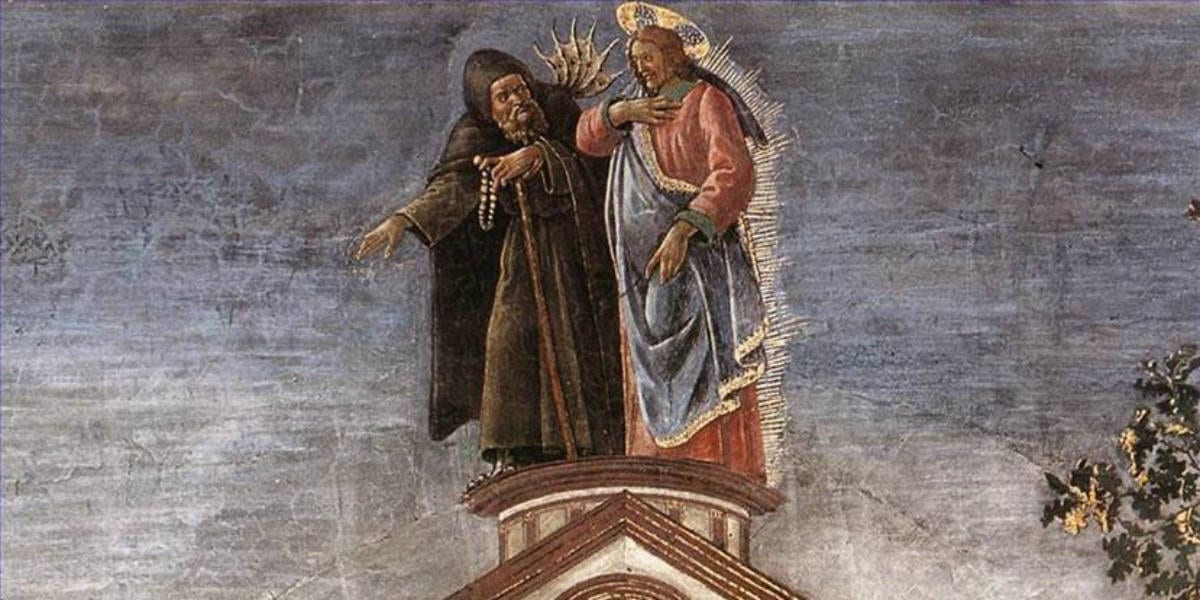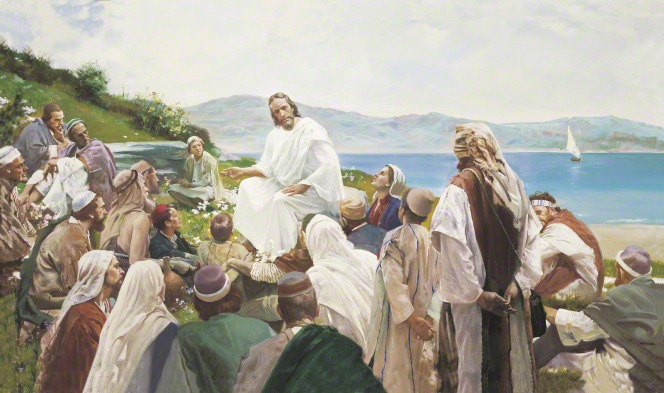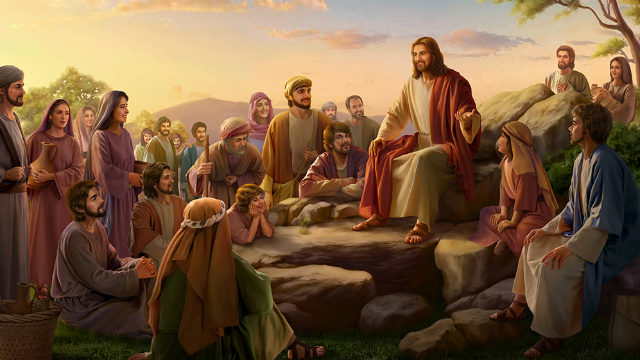In today's Gospel I was intrigued by the statement at its outset: "Jesus was led up by the Spirit into the wilderness to be tempted by the devil." (Mtt 4: 1) There is a number of issues here. First, Jesus was "led up by the Spirit." This is the same Spirit that was shown, in the previously verses, as descending upon Jesus like a dove. Thus, Baptism is not shown to be static but future oriented. The presence of the Spirit also speaks of prayer. Jesus was not self directing, as we see frequently in the Gospel of Luke, but always turned to prayer before making important decisions. This give us an example to always turn to the Holy Spirit in our own vocations and discernment of what to do with our lives. Second, Jesus is led up by the Spirit "into the wilderness." The Holy Spirit, when we open our hearts to him, frequently does not allow us to stay in our comfort zone. A prelude to growth and/or mission is a time of testing, doubt and even suffering. Jesus is not spared this. Third, the purpose of this going into the wilderness is one of spiritual warfare. This combat will reach its climax in the Garden of Olives during the Passion. Again, this shows Jesus being like us although being without sin. It might be seen as scandalous that Jesus could be genuinely tempted, since this speaks of the possibility that he could give in to it. However, the write of the Letter to the Hebrews reasons thus: "It was fitting that God, for whom and through who, all things exist, in bringing many children to glory, should make the pioneer of their salvation perfect through sufferings. For the one who sanctifies an those who are sanctified all have one Father." (Heb 2: 10-11) In this way, the temptations in the desert reveal how perfectly human Jesus is, in his divinity, so that salvation might be ours through his suffering.



